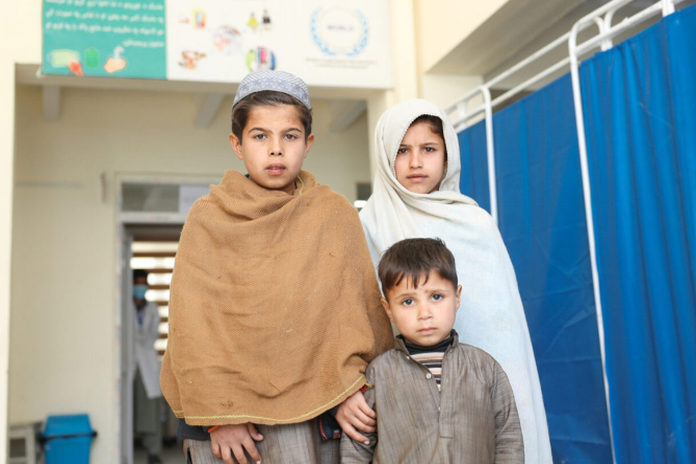KABUL, Afghanistan – The World Health Organization (WHO) in Afghanistan is deeply concerned that funding shortages could force the closure of 80 percent of WHO-supported essential health care services. Millions, including vulnerable populations such as women, children, the elderly, the displaced and returnees, will be left without access to critical medical care.
As of 4 March 2025, 167 health facilities had shut down due to funding shortages, cutting off lifesaving medical care to 1.6 million people across 25 provinces.
Without urgent intervention, over 220 more facilities could close by June 2025, leaving an additional 1.8 million Afghans without access to primary health care. In the worst affected regions – Northern, Western and Northeastern Afghanistan – more than a third of health care centres have shut down, raising alarms about an imminent humanitarian crisis.
“These closures are not just numbers on a report, they represent mothers unable to give birth safely, children missing lifesaving vaccinations, entire communities left without protection from deadly disease outbreaks,” said WHO representative and head of mission in Afghanistan Dr Edwin Ceniza Salvador. “The consequences will be measured in lives lost.”
Afghanistan is already battling multiple health emergencies, including outbreaks of measles, malaria, dengue, polio and Crimean-Congo haemorrhagic fever. Without functioning health facilities, efforts to control these diseases are severely hindered. Over 16, 000 suspected measles cases, including 111 deaths, were reported in the first two months of 2025. With immunization rates at critically low levels (only 51% for the first dose of the measles vaccine and 37% for the second), children are at heightened risk of preventable illness and death.
Disruptions to WHO-led coordination mechanisms prevent health partners from tracking disease outbreaks, allocating resources and delivering essential services and threaten to push the country’s already fragile health care system deeper into crisis.
While some donors continue to support Afghanistan’s health sector, funding has been significantly reduced as development aid priorities have shifted. The needs, however, remain immense, and current support is not enough to sustain critical health care services for millions of Afghans.
“This is not just about funding. It is a humanitarian emergency that threatens to undo years of progress in strengthening Afghanistan’s health system,” said Dr Salvador. “Every day that passes without our collective support brings more suffering, more preventable deaths and lasting damage to the country’s health care infrastructure.”





